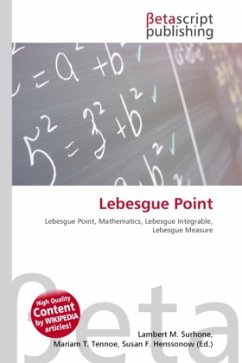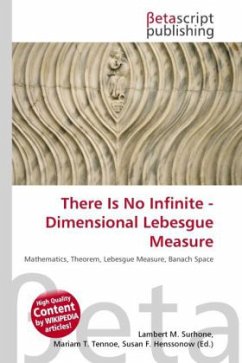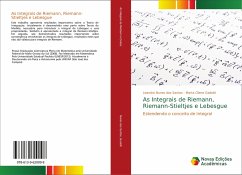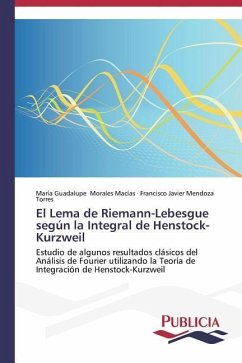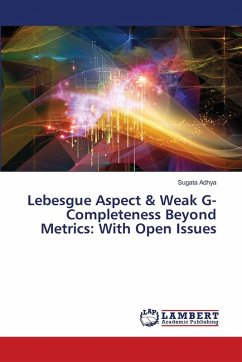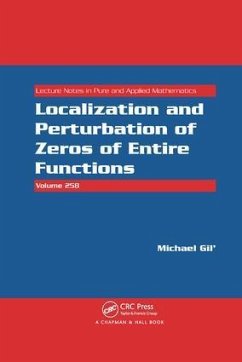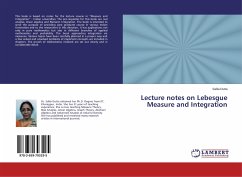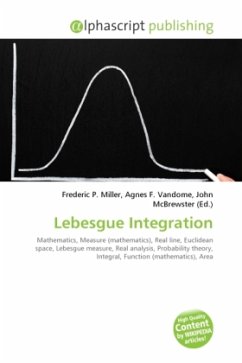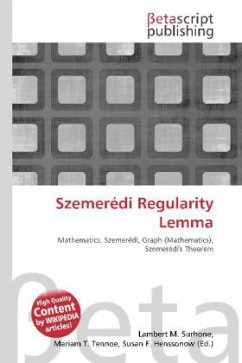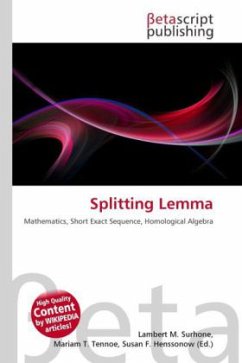
Riemann Lebesgue Lemma
Versandkostenfrei!
Versandfertig in 6-10 Tagen
23,99 €
inkl. MwSt.

PAYBACK Punkte
12 °P sammeln!
Please note that the content of this book primarily consists of articles available from Wikipedia or other free sources online. n mathematics, the Riemann Lebesgue lemma, named after Bernhard Riemann and Henri Lebesgue, is of importance in harmonic analysis and asymptotic analysis. The lemma says that the Fourier transform or Laplace transform of an L1 function vanishes at infinity. Let :R C be a measurable function. If is L1 integrable, that is to say if the Lebesgue integral of is finite, then int^infty_{-infty} f(x) e^{izx},dx rightarrow 0text{ as } zrightarrow pminfty. This says that the F...
Please note that the content of this book primarily consists of articles available from Wikipedia or other free sources online. n mathematics, the Riemann Lebesgue lemma, named after Bernhard Riemann and Henri Lebesgue, is of importance in harmonic analysis and asymptotic analysis. The lemma says that the Fourier transform or Laplace transform of an L1 function vanishes at infinity. Let :R C be a measurable function. If is L1 integrable, that is to say if the Lebesgue integral of is finite, then int^infty_{-infty} f(x) e^{izx},dx rightarrow 0text{ as } zrightarrow pminfty. This says that the Fourier transform of tends to 0 as z tends to infinity. In fact, the same holds for the Laplace transform of if is supported on (0, ), i.e. the above holds as z , Im(z) 0 if (x) = 0 for x 0. If instead, is a periodic, integrable function, then we can conclude that the Fourier coefficients of tend to 0 as n ± , hat{f}_n to 0 . (Indeed: extend on the entire real axis by defining it to be zero outside a single period [ 0, T ]).



